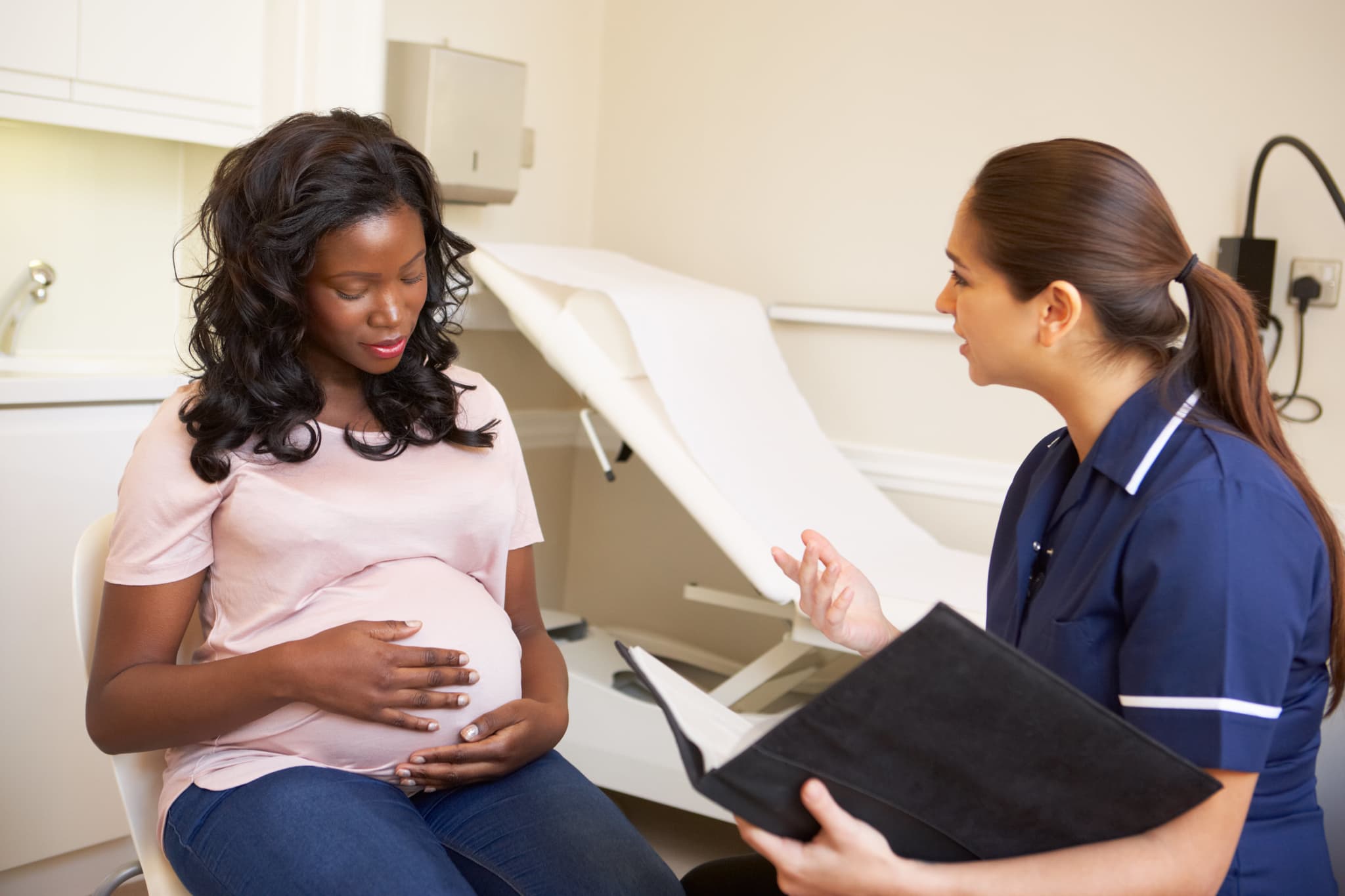
2025-11-21T14:10:25
How to Prevent Gestational Diabetes
- Family Medicine
- Internal Medicine
- OB/GYN
April 11, 2018 | Family Medicine
Specialties:Family Medicine

After having a baby, there is a lot that happens to new a mom. Unfortunately in some cases, one of the things that can happen is postpartum depression, a condition with varying degrees of severity that some new mothers experience within the first few weeks or months after giving birth. Since there are a lot of physical and emotional changes happening during this time, it can sometimes be difficult to identify whether what you are experiencing is actually postpartum depression. Here is some helpful information to identify whether you or someone you love is suffering from this condition, as well as tips to manage postpartum depression if it happens to you.
The biggest challenge for most women is identifying whether your symptoms signal postpartum depression, if they’re signs of a completely different condition, or just part of normal emotional and physical changes post-pregnancy.
Many mothers experience what’s called the baby blues, and this is not the same thing as postpartum depression. These are usually mild feelings of moodiness or tears, generally peaking within three to ten days after the birth of your baby. Symptoms only tend to last a few days. On the flip side, postpartum depression is generally more intense and severe. It can come with severe anxiety, agitation, and questioning about your ability to parent successfully. Some women may feel guilty as well, and may question their entire decision to have a baby in the first place. These symptoms can often last much longer than just a few days after your baby is born.
Postpartum depression will mimic some of the same symptoms you’d see from other forms of depression, but will be more specific to mother- and baby-related areas. For instance, some mothers will begin finding less enjoyment out of activities they once enjoyed before giving birth, and their brain might subconsciously blame the baby for this change. Subsequently, the mother will realize this and feel guilty for thinking that way about their baby.
It’s important to remember that certain stresses and worries surrounding your baby after birth are perfectly normal. But when these negative thoughts start to impact your permanent mood, this could be a sign of postpartum depression. New mothers, particularly those who give birth to their first child, should always talk to their doctor about any emotional or physical changes they notice after the baby is born, and a doctor can help identify things that are normal in the course of pregnancy and things that may be putting you at risk for more serious conditions.
If you believe you might be suffering from postpartum depression, your doctor can help you figure out whether any of these options are right for you:
Postpartum depression is not something that you should ignore and hope it goes away. There is help for new mothers experiencing this, so it’s important to understand it and feel comfortable talking to your doctor about these symptoms and signs.
I practice the full range of family medicine including obstetrics, pediatrics, adolescent medicine, adult medicine and some orthopedics. I also perform colposcopy, cryotherapy and vasectomies. Due to the volume of deliveries we do, my practice has evolved to be more centered on women and children’s medicine, although I enjoy all aspects of family medicine.
Source:
“Postpartum Depression: “Motherhood Isn’t Always Easy–And That’s Okay.” Penn Medicine. https://www.pennmedicine.org/updates/blogs/womens-health/2016/november/postpartum-depression

WRITTEN BY:
The Live Better Team

2025-11-21T14:10:25

2025-11-03T11:32:24

2025-10-21T11:51:52

2025-08-20T16:07:59
This information is not intended to replace the advice of a medical professional. You should always consult your doctor before making decisions about your health.